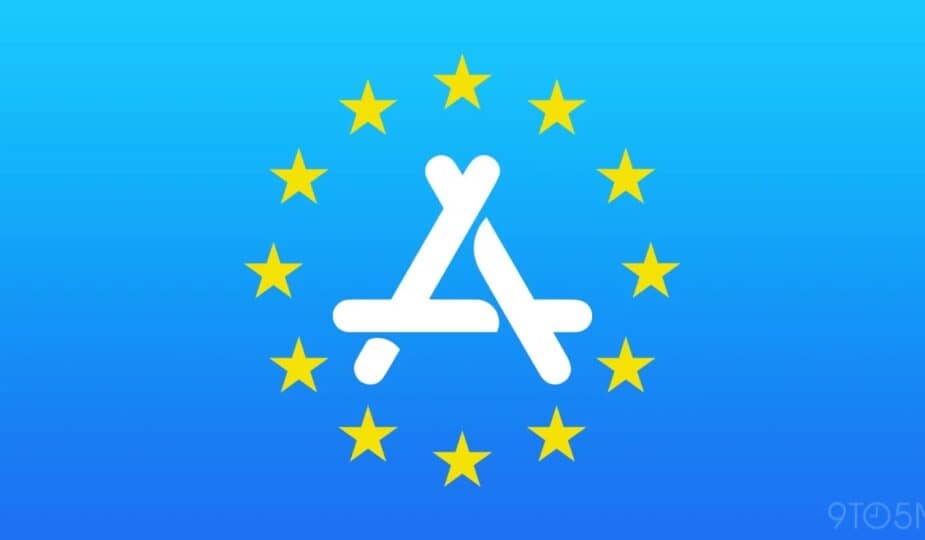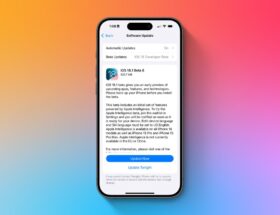
The EU Commission today announced that it is now formally assessing whether iPadOS, the core software for Apple's iPad tablets, complies with the Digital Markets Act.
The DMA requires iPadOS to allow choice of default web browser, allow alternative app stores, and support accessory ecosystems “such as headphones and smart pens” in the European region.
In April, the iPad was classified as a gatekeeper platform, making it subject to DMA regulation. At the time, the Commission said Apple had about six months to bring the iPad into compliance. Fast forward six months, and today we're announcing that they're officially evaluating iPadOS.
As with iOS on iPhone, iPadOS 18 allows customers in the European Union to access third-party app stores (or app marketplaces, as Apple calls them) and set an alternative web browser as the default browser. Epic Games currently leads the way in the distribution of alternative apps for iPhone and iPad thanks to the popularity of Fortnite and the Epic Games Store.
Top comment from GreatWizard
Do Wacom tablets support third-party pens? What a strange and ridiculous statement. Pen technology is always exclusive to the display being used. A standard stylus is always an option, but smart pens have never been compatible.
View all comments
So it looks like iPadOS is already trying to comply with the first two points of the EU.
However, we didn’t actually see any changes that enable interoperability with third-party “headphones and smart pens,” which is what more competitors to Apple’s AirPods and Apple Pencil stylus apparently allow.
It’s unclear whether Apple’s software changes will be coming soon to address this issue, or whether Apple intends to challenge the issue in another way. Perhaps the company already believes it provides sufficient support for third-party Bluetooth accessories. Certainly, third-party headphones and styluses work with the iPad, though not as elegantly or integrated as the third-party capabilities of the AirPods and Apple Pencil.
We’ll have to wait for the EU’s rulings, which are expected to be published next year. If Apple is found to be out of compliance, it could face enforcement action, including hefty fines.









